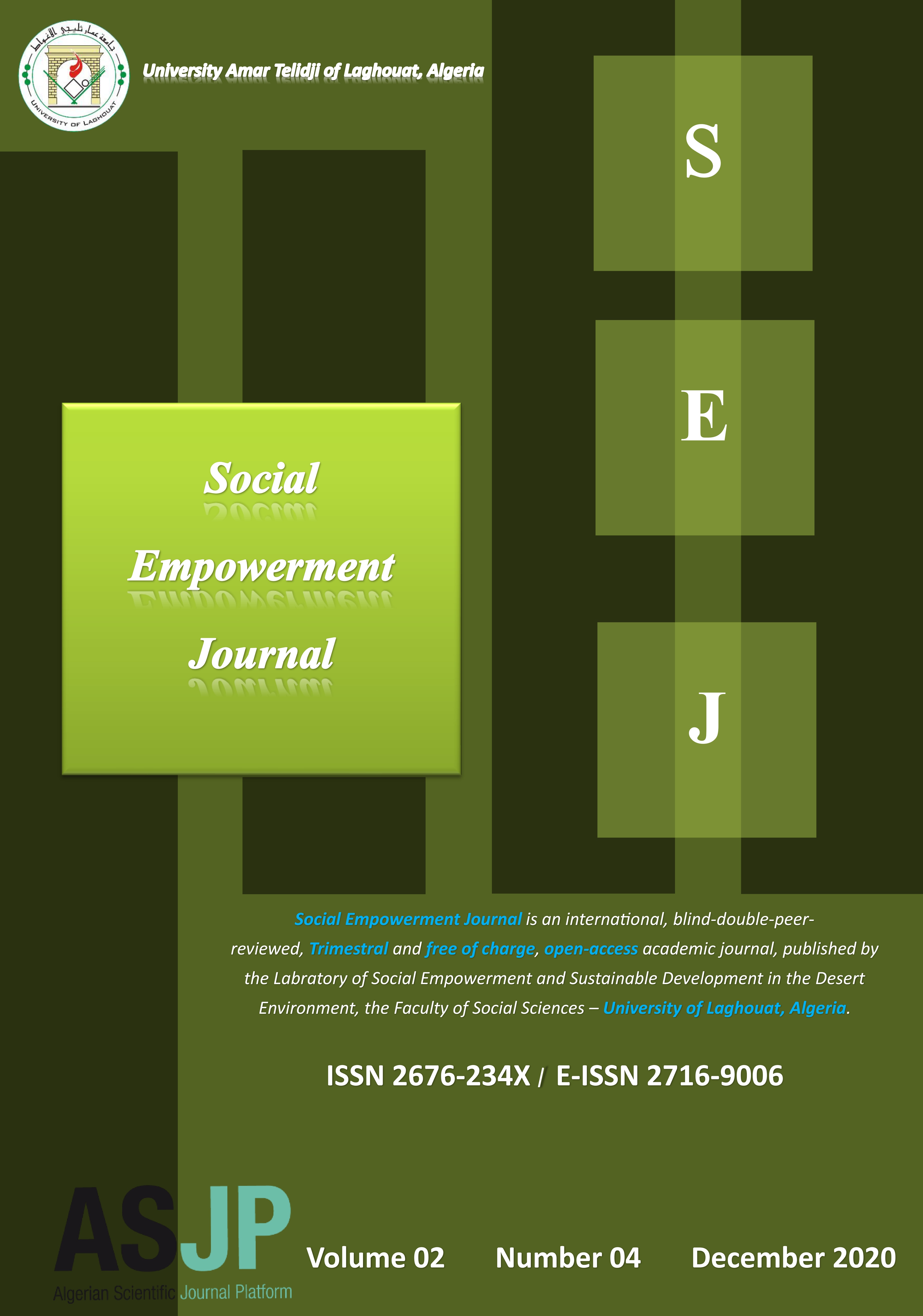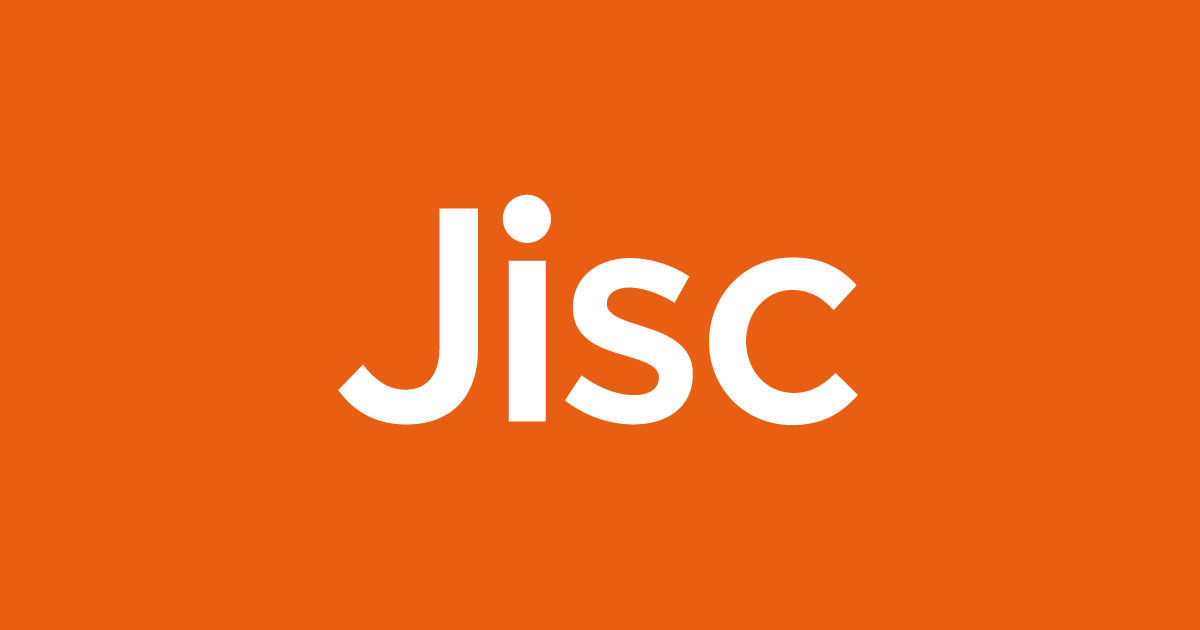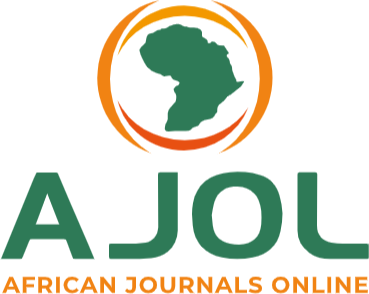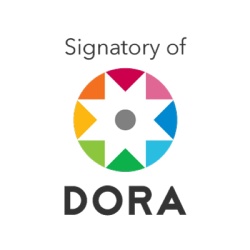Difficulties in activating science laboratories in Palestinian and Jordanian secondary schools from the viewpoint of biology teachers
Abstract
The study aimed to reveal the difficulties of activating science laboratories in Palestinian and Jordanian secondary schools from the viewpoint of biology teachers in Jordanian public schools, in light of gender variables and years of experience. The study was conducted on a sample of Palestinian and Jordanian secondary school teachers affiliated with the Jordanian Ministry of Education. The study sample numbered (371) male and female teachers. During the second semester of the academic year (2018/2019).
The questionnaire was developed in its final form consisting of (42) paragraphs distributed into (5) areas, and from the recommendations of the study, equipping school laboratories and providing the tools and materials necessary for experiments in the school laboratory in sufficient quantities, and the necessity of reviewing the manual of activities and practical experiments in science courses in general and biology in particular ,in term of specialization and amending it in proportion to the time of the prescribed quota for biology.
Downloads
References
Abu Jalalah, Subhi Hamdan (2005). New in Teaching Science Experiences in Light of Contemporary Teaching Strategies, United Arab Emirates : Al-Falih Publishing Library.
Al-Bashaira, Zaid Ali and Alftinat, Nidal Ibrahim (2009). “The effect of using a computerized educational program in conducting chemical experiments on the achievement of ninth grade students in the subject of biology and earth sciences”, Damascus University Journal, 25 (1 + 2), 405-442.
Al-Dhafiri, Mubarak and Habib, Souad (2012). Modern teaching methods in modern curricula, Kuwait : Directorate of Technical Guidance for Sciences.
Ali, Walaa Abdel Razzaq and Muhammad, Essam Abdel Aziz (2009). An exploratory study of the opinions of biology teachers on the reasons for their reluctance to use the laboratory, Al-Fateh magazine, p. (43), 307-317.
Al-Nashif, Salmi Zaki (2004). Methods of Teaching Science, Amman : Dar Al-Shorouk.
Kahili, Sanaa (2011). “Obstacles to using laboratory techniques in teaching biology from the viewpoint of biology teachers - field study in secondary schools in the city of Damascus”, Damascus University Journal, (27) Appendix No. 765-793
Khalif, Zuhair Nagy (2010). The proposed training material on school laboratory work in the National Authority Schools, Qalqilya, Palestine : Publications of the Education Directorate in Qalqilya Governorate
Mahmoud, Salah El-Din Arafa (2012). Biology document for the secondary stage, Cairo : Curriculum and Instruction Development Center publications.
Ministry of Education and Higher Education (2018). General summary of the statistics of Palestinian public education institutions for the academic year (2017/2018), Ramallah, Palestine.
Nashwan, Yaqoub Hussein (2001). New in Science Education, Amman : Dar Al-Furqan for Publishing and Distribution.
Taha, Hassan Taqi (2008). “Obstacles to Practical Applications in Teaching Biology at the Intermediate Stage from the Viewpoint of Male and Female Teachers”, Al-Qadisiyah Journal of Arts and Educational Sciences, 7 (1 + 2), 313-333.
The Jordanian Ministry of Education, (2018). Statistical report for the academic year (2017/2018). Management of the Queen Rania Al-Abdullah Center for Education and Information Technology, Amman, Jordan.
Zaitoun, Ayesh (2008). Methods of Teaching Science, Amman : Dar Al-Shorouk.
Admas, A. & Adane, L. (2011). Relevance and safety of chemistry laboratory experiments from students' perspective : A case study at Jimma University. Educational Research, 2 (12), 1749-1758.

This work is licensed under a Creative Commons Attribution-NonCommercial 4.0 International License.





















